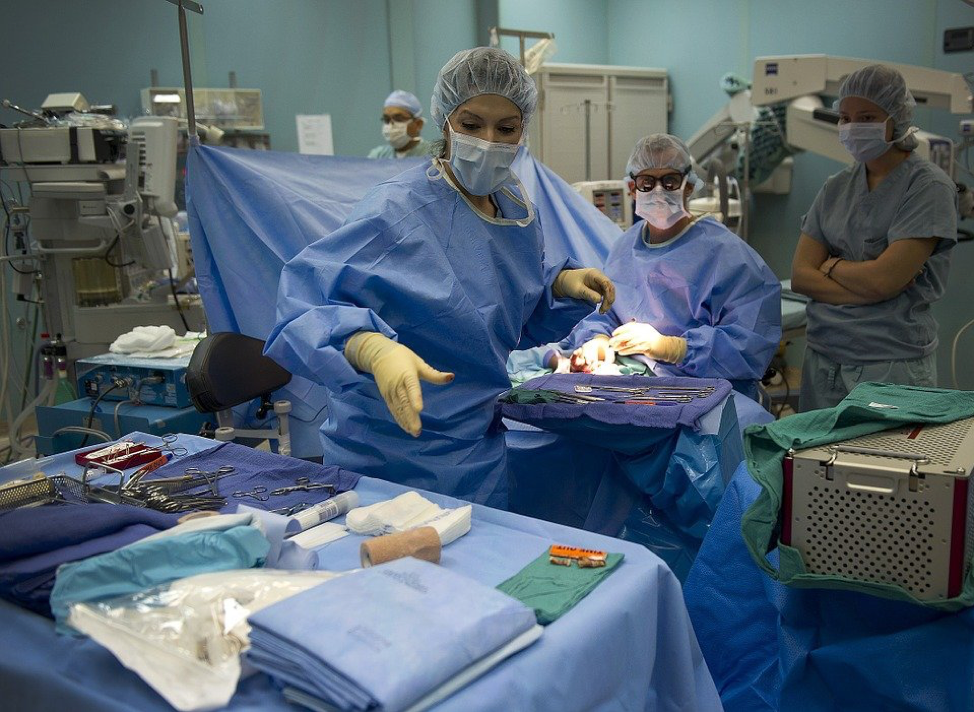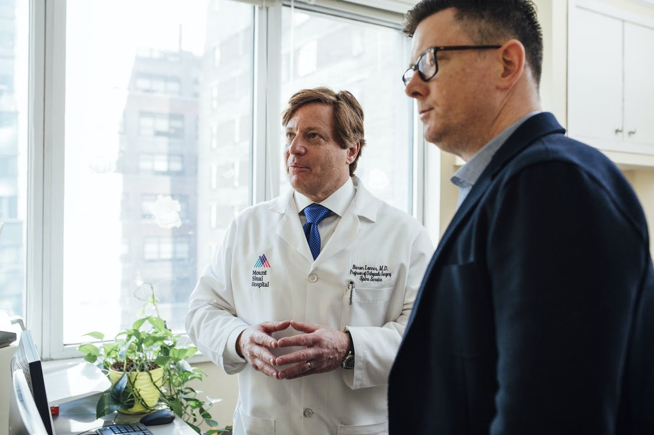What is Septoplasty? The best thing about medical surgeries is that no matter what issue you have, there is always some way to get it fixed successfully through a surgical procedure. You can undergo surgery for any medical conditions. Thus, you can get your flaws corrected with a surgical procedure, even for facial disorders such as a deviated septum.
Deviated septum is one of the most common nose issues from birth or due to a fatal accident. This is when one of your nostrils looks bigger than the other and leads to many other health complications. Septoplasty is a surgical procedure meant for treating a deviated septum. This is one of the smoothest surgeries you may ever go through. However, there is a lot to think about when considering this option, as the recovery may take longer than you expect. To learn more about septoplasty, continue to read this article further.

(Source)
What is Septoplasty?
Septoplasty is a surgical procedure used to treat a deviated septum. The surgery involves contracting the deviated spectrum by straightening the septum using surgical equipment. When straightened, you will realize how more air flows through your nose as compared to before. When going in for a septoplasty, there are a few stages and perpetration tips involved. You will learn about them below.
Preparing for a Septoplasty
Your surgeon will ask you to do a few things before coming in for your surgery. These involve taking a few medications, such as aspirin, Advil, and blood thinner. Your doctor will recommend you to take these medications two weeks before your surgery to prevent the loss of excessive blood during your procedure and after as well.
Before the surgery, your doctor will take a brief medical history that includes your previous medical condition, if you have any, and if you’re allergic to anything. You are not allowed to eat or drink anything the night before your surgery. Your doctor will provide you with a certain time frame on when you should start fasting. The reason for this is to prevent extreme nausea and the risk of choking from anesthesia. You will have to bring one member of your family along to your surgery in case of any emergency.
Risks Involved in a Septoplasty
There are a few risks involved in a septoplasty; however, they are quite rare to happen. Some of the potential risks you may go through are a loss of smell, non-stop bleeding, scarring, septum perforation, and discoloration of the nose. Sometimes patients are unhappy with the first surgery results and decide to go for another one. This is very unlikely to happen, especially if you go to a well-known surgeon.
The Septoplasty Procedure
When it’s finally time for your septoplasty, your surgeon will first put you under the influence of local or general anesthesia. Your doctor will use anesthesia according to your allergies and other medical conditions. Next, the surgeon will make an incision from one side of the nose to get to the septum.
Once the surgeon makes the incision, he/she will lift the mucous membrane with a surgical instrument. While doing this, the deviated spectrum gets moved towards the right position. Some cartridges and bones may be present, which the surgeon will also remove to reposition the septum and, lastly, the mucous membrane. Once done with these steps successfully, the healthcare staff will cover your nose with layers of cotton to keep the nose in one position. Sometimes people require stitches to keep the septum and membrane in one place.
Recovery Period
You will experience a few side-effects after your surgery, such as a painful nose and excessive bleeding. However, the risks aren’t as dangerous, depending on how successful your surgery was. The best part is that you don’t have to stay in the hospital. Your ENT specialist will send you home a few hours after your surgery as a septoplasty is an outpatient procedure.
Your surgeon will guide you on a few things, such as to avoid certain medications like ibuprofen and other medicines that may make your blood thin. You will have to refrain from excessive physical activity to maintain the structure of your nose. To ensure a quicker recovery, you should avoid touching your nose and especially blowing it. Wear comfy clothes that you can easily remove without touching your nose and keep your head in a raised position whenever you sleep or lie down.

(Source)
Bottom-Line
It’s important to educate yourself about medical procedures like septoplasty, especially when you know you have deviated septum or someone close to you has to go through it. It’s normal for every person to be concerned before any surgical procedure, but you don’t have to if you know you’re in the right hands. For the best medical services in NYC that treat deviated septums, contact the best ENT specialists at Ear, Nose, and Throat of New York.







